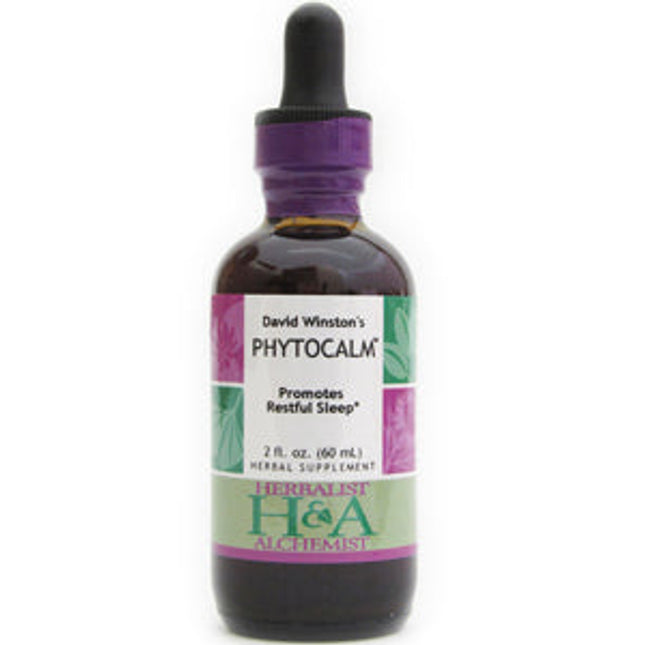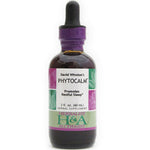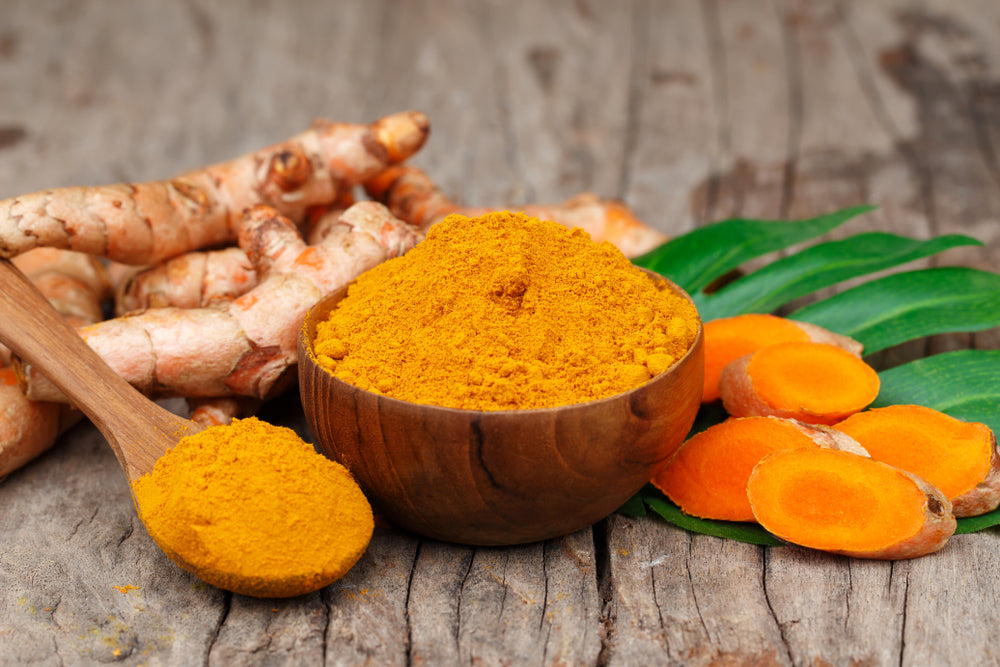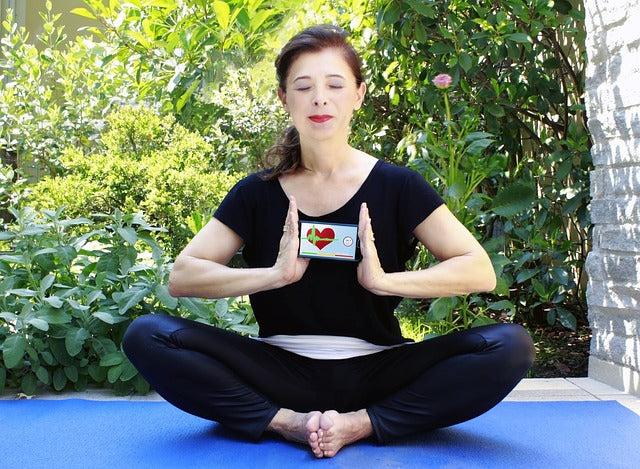Herbalist & Alchemist


Phytocalm 2 ozHerbal SupplementPromotes Restful Sleep*Suggested use: 40-80 (2-4 mL) ideally in Chamomile tea. Can also be taken in juice or water. Take in the evening. Shake well before using.Amount Per ServingServing Size 80 drops (40 mL)Servings per container 40Proprietary Blend 4mlExtracts of Skullcap flowering tops(Scutellaira lateriflowr),Hops strobiles (humulus lupulus), Oat milky seed (Avena sativa), Passionflower herb (Passiflor incarnate), California POppy whole plant (Eschscholzia californica), Valerian root (Valeriana officinale)Other ingredients: Distilled water, ethyl alcohol.Contraindications: Use of large quantities may cause drowsiness and temporarily impair motor skills (driving, etc.). KEEP OUT OF CHILDREN'S REACH.*This statement has not been evaluated by the FDA. This product is not intended to diagnose, treat, cure, or prevent any disease.
$31.00
Herbalist & Alchemist Products
Blog posts
-

in Wellness Collagen: Your Key to Healthy Joints, Skin, and Hair
Collagen is a protein that plays a vital role in maintaining the health and integrity of our joints, skin, and connective tissues. Our collagen production...
-

in Wellness 9 Health Benefits of Curcumin
In the pursuit of optimal health and well-being, individuals are increasingly turning to natural solutions, and one remarkable compound that has captured widespread attention is...
-

in Wellness Is Adrenal Fatigue Real?
Do you feel tired and fell you have less energy. You may be suffering from adrenal fatigue. Learn about some options for dealing with adrenal...
-

in Wellness Women’s Heart Health Guide
Heart disease affects millions of women each year .Eating a healthy diet, getting enough exercise, and reducing your stress levels can reduce the risk of developing it.






